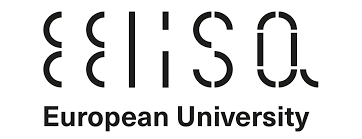Open Research Data and Materials
Open Research Data and Materials Contact person Dr.ing. Catalin Negru, catalin.negru@upb.ro Course description Research data are defined as factual records (numbers, texts, images and sounds), which are used as principal sources for scientific research and which are often recognized by the scientific community as being necessary to validate research results ( Organization for Economic Cooperation and Development). Putting your code and data online can be very revealing and intimidating, and it is part of the human condition to be nervous of being judged by others. Although there is no law governing the communication of reproducible research – unless you commit explicit fraud in your work – sharing errors that you find in your work is heavily disincentivised. The course aims to teach the following topics: Research data in an array of contexts Data management concepts: 1.metadata; 2.research data lifecycle. Concept of data management: 1. identify the roles and responsibilities of key stakeholders; 2. examine various data management tasks throughout the research data lifecycle. Learning objectives Understand what is research data and data management concepts; Learn how to identify the roles and responsibilities of key stakeholders; Examine various data management tasks throughout the research data lifecycle. Course duration and period 2 hours each term Format Online (via Moodle) Prerequisites None Course Link https://learning.crescdi.pub.ro/course/view.php?id=44 Deadline for registration Within five days after the event announcement date is announced. Who Should Attend Students & Early career researchers
Open Research Data and Materials Read More »
